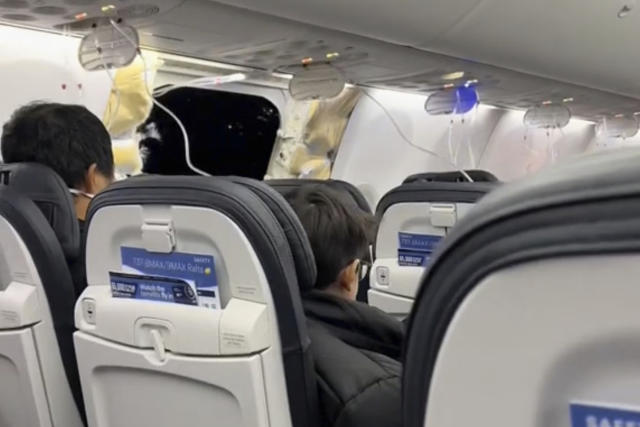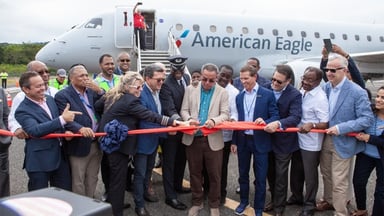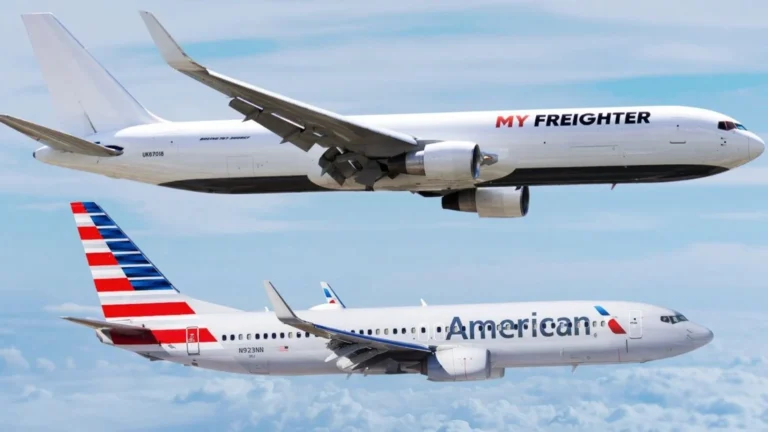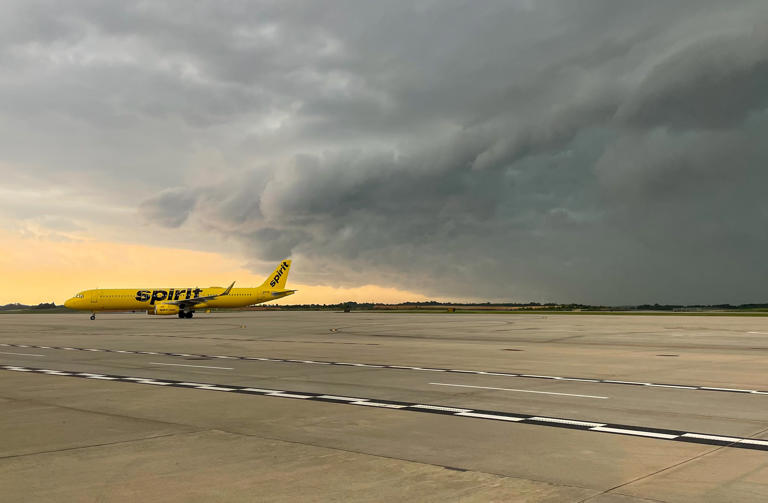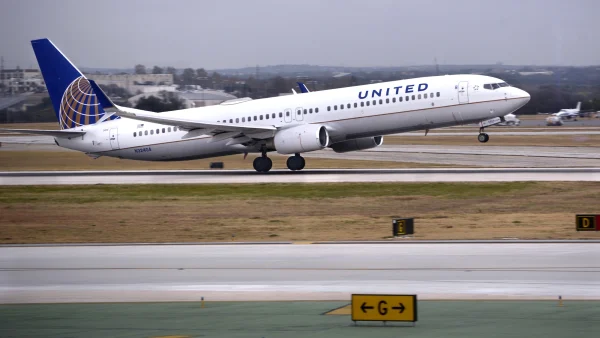Boeing 737 Max 9 problems mount following Alaska and United Airlines incidents. Here’s what we know.
On Monday, United Airlines said loose bolts and other “installation issues” were discovered on the door plugs of some of its fleet of Boeing 737 MAX 9 airplanes.
“Since we began preliminary inspections on Saturday, we have found instances that appear to relate to installation issues in the door plug – for example, bolts that needed additional tightening,” United said.
The mandated inspections come after the Federal Aviation Administration forced the grounding of Boeing 737 MAX 9 airplanes. Alaska Airlines and United are the only two U.S. airlines that use that particular model of the Boeing 737.
“Boeing 737-9 aircraft will remain grounded until operators complete enhanced inspections, which include both left and right cabin door exit plugs, door components, and fasteners,” the FAA said in a statement on Monday, adding that any issues found from the inspections must be corrected before the planes can go back into service.
The pause, which resulted in the cancellation of hundreds of flights, affected about 171 planes globally, according to the Federal Aviation Administration.
On Friday, Alaska Airlines Flight 1282 had to make an emergency landing shortly after takeoff after a door plug blew out, leaving a large hole in the side of the plane as it climbed. The door plug has since been recovered and the National Transportation Safety Board launched an investigation over the weekend into what it called “an accident.”
Boeing’s shares tumbled as much as 9% as trading opened on Monday morning, the first business day since the incident.
No serious injuries
Incredibly, none of the 171 passengers and six crew members on board the flight from Portland, Ore., to Ontario, Calif., was injured.
The plane was climbing at about 16,000 feet when a panel on the plane’s fuselage was blown out.
No one was seated in 26A and 26B, where the door plug was located.
“We are very, very fortunate here that this didn’t end up in something more tragic.” NTSB Chair Jennifer Homendy said over the weekend.
The airplane had not reached cruising altitude and the seat belt sign remained on to discourage passengers and crew members from walking around the cabin.
“Just from talking with everyone who was part of the interviews, it was described as chaos, very loud, between the air and everything going on around them,” Homendy said at a Sunday news conference. “And it was very violent when the rapid decompression and the door [plug] was expelled out of the plane.”
Some passengers were treated for minor injuries on board.
What the investigation has uncovered so far
The lost door plug — which weighs 63 pounds and is 26 inches x 48 inches — was found on Sunday in the backyard of a Portland school teacher.
NTSB investigators will examine the plug to search for evidence about how it became dislodged and will compare it with the plane’s door plug on the other side.
The plane used for Flight 1282 had other issues. After a warning light signaling a pressurization issue went off during three previous flights, the plane had been restricted from longer routes to Hawaii that travel over open water. That restriction was put in place in the event the warning light reappeared so as to enable the plane to quickly return to an airport. The warning light had previously gone off on Dec. 7, 2023, and Jan. 3 and Jan. 4, just one day before the door plug flew off.
Alaska Airlines had ordered additional maintenance personnel to look at the pressurization warning light, Homendy added, but it wasn’t completed before Friday’s accident. Homendy acknowledged that the warning light issue may be unrelated.
An additional hurdle is that the investigators will not be able to rely on Flight 1282’s cockpit data recorder.
“The cockpit voice recorder was completely overwritten … at two hours it re-records over it so we have nothing from the CVR [cockpit voice recorder],” Homendy told reporters, adding that it is “critical” to increase that recording time to 25 hours, the standard Europe and many other countries currently have in place.
While the Federal Aviation Administration has proposed a new rule to put that increase in place, it would only apply to newer flights. So the Alaska Airlines flight would not have qualified, Homendy said.
Two cellphones that appeared to belong to passengers aboard Flight 1282 were later recovered. One was found in a yard, and the other on the side of a road.
What’s next
In its investigation, the NTSB is expected to work with officials from Alaska Airlines, Boeing, the FAA and groups representing pilots and flight attendants.
“While we await the airworthiness directive inspection criteria from the FAA and Boeing, our maintenance teams are prepared and ready to perform the required inspections,” Alaska Airlines said in a statement. The airline said that cancellations will continue for the first half of the week and that passengers should check alaskaair.com for updates.
United Airlines also issued a statement on X and said they are working with customers affected to find them “alternative travel options” and advised them to check for updates at united.com or on the United app for the latest.
Meanwhile, Boeing CEO Dave Calhoun sent a companywide memo saying, in part, “When serious accidents like this occur, it is critical for us to work transparently with our customers and regulators to understand and address the causes of the event, and to ensure they don’t happen again. This is and must be the focus of our team right now.”
Calhoun plans to hold an all-employee safety meeting on Tuesday at the 737 factory in Renton, Wash.
